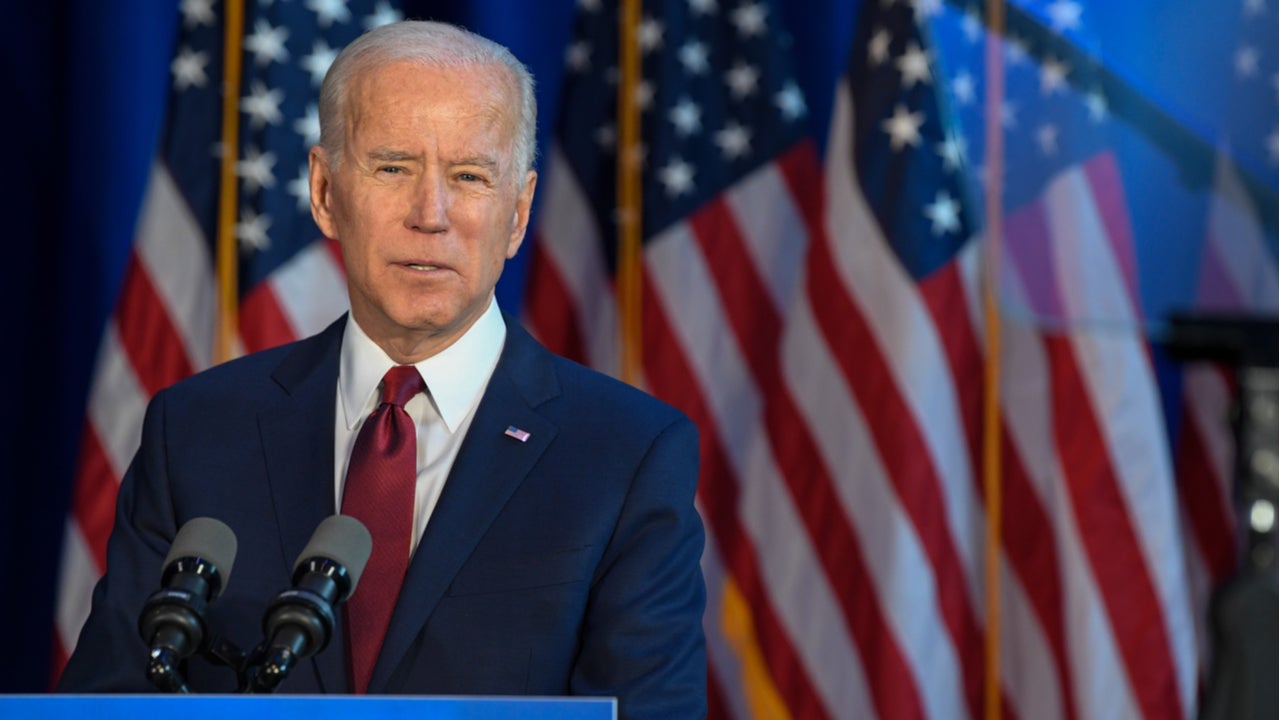
The US has announced that it will impose tariffs on trade with six countries in response to their taxes on US tech companies – so-called “Google tax” digital services levies. However, the US measures will be suspended for six months as nations seek to negotiate an international resolution.
The Office of the United States Trade Representative (USTR) announced in a press release on Wednesday that – following a one-year investigation of Digital Service Taxes (DSTs) adopted by Austria, India, Italy, Spain, Turkey, and the United Kingdom – it would impose tariffs on certain goods, while immediately suspending the levies for up to 180 days.
The announcement comes as the international community is locked in intense negotiations to hammer out an update to the international tax regime. US President Joe Biden proposed an agreement that would See Big Tech companies pay more taxes, both in the USA and in other nations where they make their money.
“The United States is focused on finding a multilateral solution to a range of key issues related to international taxation, including our concerns with digital services taxes,” said US Trade Representative Katherine Tai. “The United States remains committed to reaching a consensus on international tax issues through the OECD and G20 processes. Today’s actions provide time for those negotiations to continue to make progress while maintaining the option of imposing tariffs under Section 301 if warranted in the future.”
Previously “Google tax” DSTs
In June of last year, the USTR initiated investigations into DSTs adopted or under consideration in ten jurisdictions: Austria, Brazil, the Czech Republic, the European Union, India, Indonesia, Italy, Spain, Turkey, and the United Kingdom.
Following the investigation, the USTR determined in January that Google tax plans adopted by the six countries mentioned above discriminated against US digital companies.
How well do you really know your competitors?
Access the most comprehensive Company Profiles on the market, powered by GlobalData. Save hours of research. Gain competitive edge.

Thank you!
Your download email will arrive shortly
Not ready to buy yet? Download a free sample
We are confident about the unique quality of our Company Profiles. However, we want you to make the most beneficial decision for your business, so we offer a free sample that you can download by submitting the below form
By GlobalDataIn March, the USTR announced proposed trade actions in these six investigations and undertook a public notice and comment process, during which it collected hundreds of public comments and held seven public hearings. USTR also terminated the remaining four investigations (of Brazil, the Czech Republic, the European Union and Indonesia) because those jurisdictions had not implemented the DSTs under consideration.
Taxing Big Tech
The DSTs affect companies such as Google and Facebook and have been a flashpoint in the fight over which countries should have taxing rights over the world’s largest companies.
Multinationals (inside and outside the tech sector) often cut their tax bills using a variety of techniques. One of these is “profit shifting”, in which profits are declared not in the nations where they are made but in tax havens such as the Republic of Ireland, Bermuda, the Caymans, Luxembourg, the Netherlands, Singapore and Switzerland.
The EU is advocating a digital tax on sales at the OECD level. The G20 group of large industrialized and emerging countries commissioned the OECD in 2018 to agree on an international digital tax by the end of 2020.
Under US President Donald Trump, however, there had been little progress on the matter at the international level. Bilateral plans – such as a digital tax in France – had also created transatlantic tensions. With Joe Biden’s inauguration, Washington recently began to campaign more vigorously for a global corporate tax regime.
A global corporate minimum tax is on the agenda for the upcoming G7 summit in Cornwall, scheduled to take place from June 11 to 13. The leaders of the seven wealthiest nations are expected to endorse Washington’s proposal for an ambitious global tax regime, a US Treasury official said on Wednesday.
The tariffs threatened by the US would hit the UK the hardest. British exports to the US amount to $887m a year, which could be saddled with 25% tariffs. The goods to be targeted include perfumes, make-up, clothes, jewellery and video games.
Italy may face higher tariffs on perfume, handbags and other accessories. Its export value is around $386m. Spain would have to cope with significantly higher export barriers for goods worth $324m. Turkey’s export value to the US amounts to $310m, and for India and Austria, the numbers are $118m and $65m, respectively.
In January, the US had already suspended tariffs of 25% on $1.3bn worth of French handbags and cosmetics, having at first threatened to hit champagne and cheeses with import tariffs of 100%.
Updated to Add: Our suggestion that Biden might be successful in getting his deal turned out to be correct, as G20 ministers met in Washington to sign off on a global corporation tax floor of 15% in October 2021.







